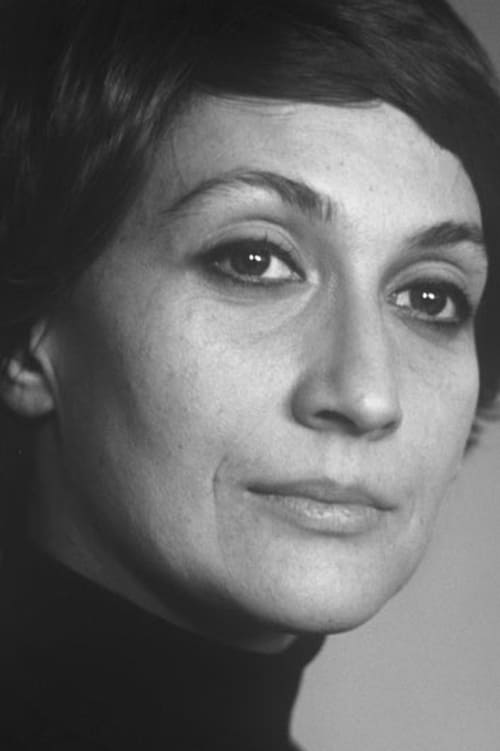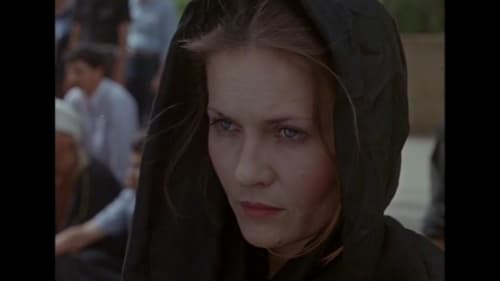Sofiko Chiaureli
Birth : 1937-05-21, Tbilisi, Georgian SSR, USSR
Death : 2008-03-02
History
Sofiko Chiaureli was born on May 21, 1937 in Tbilisi, Georgian SSR, USSR [now Republic of Georgia]. She was an actress, known for Sayat Nova (1969), Rats ginakhavs, vegar nakhav (1965) and Veris ubnis melodiebi (1973). She was married to Kote Makharadze and Giorgi Shengelaia. She died on March 2, 2008 in Tbilisi, Georgia.
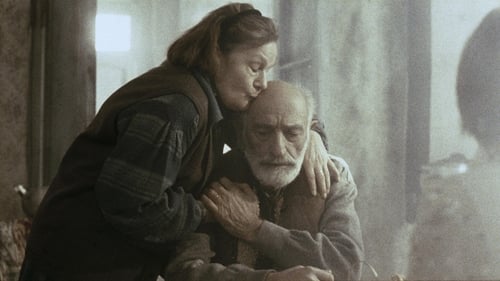
Lena returns to her home in a remote, war-ravaged Armenian village to try and persuade her grandparents to leave with her for safety in Moscow.

(Film excerpts, archival footage)
A short documentary by Levon Grigoryan about the making of Parajanov's «Sayat-Nova», or «The Colour of Pomegranates».

A single and not so young poet living in Moscow suddenly discovers that his summerhouse was sold by crooks to two different people.

This is the story of the Tbilisi-Batumi train, which, due to a switchman's mistake, first enters the line of occupation of the Georgian region of the Autonomous Republic of Abkhazia, then the train enters the city of Chiatura.

Interviewee
This documentary is not a straightforward portrait of Armenian film director Sergei Paradjanov's life, but rather a fluid celebration of his talent and creativity. Focusing on the collages he produced during his years in prison, and featuring interviews with the director himself, Cazals' film demonstrates the scope of Paradjanov's artistic vision, lovingly commemorating this rebel of art cinema.

учительница
A man whose parents were killed and whose estate was confiscated during Soviet times returns to his ancestral village to build a school for disabled children.

(archival footage)
An absorbing portrait of one of the most colorful and revered figures in world cinema, 'Paradjanov: A Requiem' offers an affectionate and insightful look at the tumultuous career of the late Sergei Paradjanov; artist, dissident, romantic and iconoclast.

Mother in 'The Confession'
Made in wartime and edited in candlelight, Mikhail Vartanov's rarely-seen masterpiece tells about his friendship with the genius Sergei Parajanov who was imprisoned by KGB "at the peak of his artistic power". Vartanov takes us back with the scenes from his censored 1969 film The Color of Armenian Land where Paradjanov is at work on his suppressed chef-d'oeuvre The Color of Pomegranates - widely regarded as one of the greatest films of all time - and contrasts it with the shocking request Parajanov sent him in unpublished 1974 letters from the Soviet prisons. Vartanov's camera documents Parajanov's striking last day at work in 1990 during the making of the unfinished Confession. A monumental wordless montage - the entire sixth reel - concludes Vartanov's acclaimed documentary, which, despite the prohibitive conditions it was created in, won the admiration of many of cinema's greatest artists, including Francis Ford Coppola and Martin Scorsese.

Tamaz's mother

Hiding from the police captain, a prostitute ends up in the room of a quiet, modest pianist from the United States who takes part in a competition in the resort town by the sea. The naive young man gets carried away by a pretty and cheerful girl. In turn, she finds great, sincere love.

A drama based on classical novel by Sholom Aleichem.

Mother
The Confession (1990) survives in Parajanov: The Last Spring (1992) in its original camera negative. It remained unfinished due to the death of Sergei Parajanov. The Confession (1990) was his favorite screenplay, which was written in the 1960s and was his film-memory of the childhood, student years, marriage, imprisonment and more as the fantasist Parajanov perceived it. Parajanov gifted the screenplay to Mikhail Vartanov, made a drawing on the cover and wrote: "The Confession will only be made by a director born in 1924 in Tiflis, Georgia." He predicted that he would not finish it.
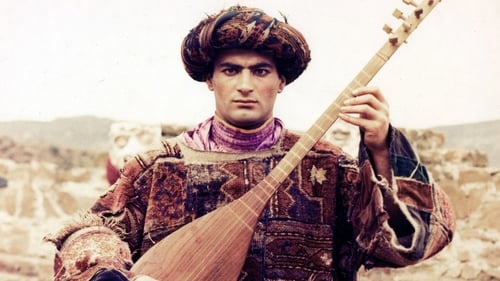
Mother
Wandering minstrel Ashik Kerib falls in love with a rich merchant's daughter, but is spurned by her father and forced to roam the world for a thousand and one nights. Now presumed dead by those he loves, he performs for the poor and unfortunate on his journeys through the wilderness. Parajanov's visually ravishing 'tableaux vivants' tell Lermontov's romantic tale while Turkish and Azerbaijani folk songs transport us into its mystical landscapes.
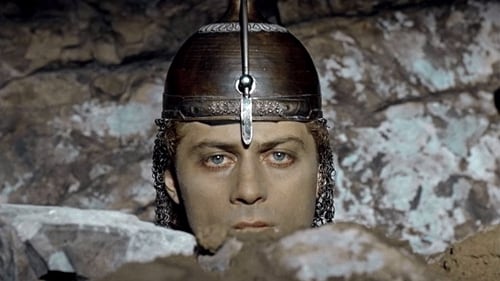
Vardo
A film version of a well-known Georgian folk-tale. A young boy has to be immured into the walls of a fortress in order to stop it from crumbling to pieces.

Valeria
In the densely populated slums live large but poor family of charming and talented signor Leonido Popogatto. Under the guise of an important person he enters the secular parties and steals drinks and food from the tables.
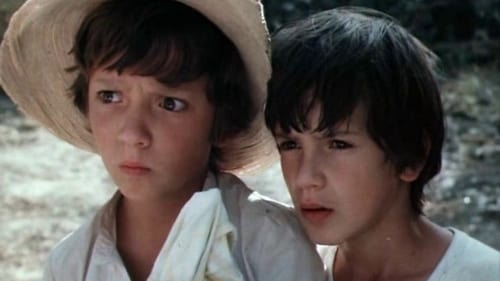
Manana's Grandmother
In the first part, the students complain that classic works of literature have no bearing on modern life - and find themselves in a situation strangely resembling something they've read... It's Gogol's "Inspector General" - but set in a summer camp... In the second part, after reading Don Quixote, the ever-adventurous Vasechkin convinces more cautious Petrov that he has found a game that they could play for life. No sooner they go off than Vasechkin, on a bike, brandishing an umbrella, attacks a giant... That is, a windmill...
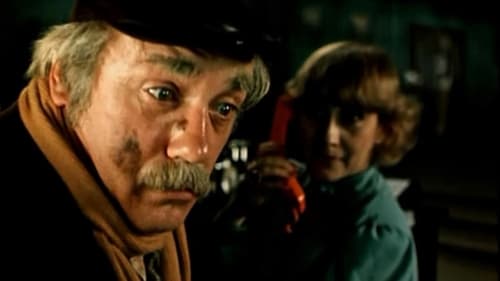
Alice Postic
The story begins when Alice Postique, who had to stay late at work, discovers her boss Roche with a knife in his back. When the police detective arrives, Alice recognizes him as her old friend.

Turvanta
A man falls in love with and marries a prostitute, then has to defend her against malicious townsfolk.
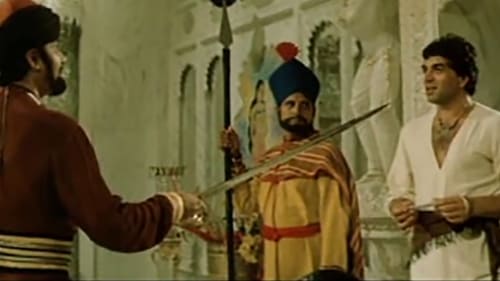
The movie is based on the story of Ali Baba and the Forty Thieves, from the One Thousand and One Nights or Arabian Tales. The role of Ali Baba is played by Dharmendra and Hema Malini play Morjina.

Sofiko
Sophiko, a well-known journalist, seems to be more close to many of her respondents when they need her advice than to his family members. All engrossed in her work, she suddenly finds out that she is losing her husband who has started a love affair with another woman. Of course, it strikes her badly but life never lets her to concentrate on her personal problems.

Arevik is a young woman taking care of the children of a widower who is in jail, due to her testimony.

куртизанка
Two pairs of twins, once separated, find each other in the comedy finale. But before giving them the joy of this meeting, fate finally forces everyone to go through a series of adventures, sometimes funny, and sometimes dramatic ...
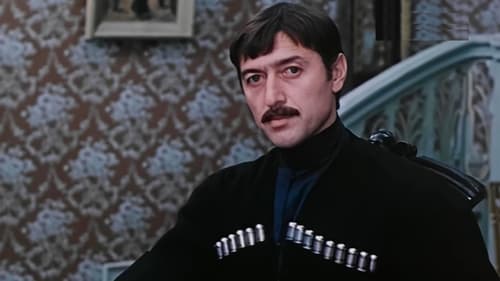
Nano Tavkelishvili-Shearer
A just man becomes an outlaw. He is pursued by the police over the years, while he tries to fight the injustice in the world, but he can't figure out the minds of his fellow men, and is often misunderstood.

Pupala
This poetic parable is part of Tenghiz Abuladze’s cinematic triptych: “The Supplication” – “The Wishing Tree” – “Repentance”. The place is Georgia at the beginning of the 20th century. That’s how director Tenghiz Abuladze described his film: “’The Wishing Tree’ is a film about the people lit up by a dream. Every character has its own ideal. One is worshipping the skies, another the earth, some idolize the body, others elevate the spirit. Some destroy the body, others the soul…” Marita, the film’s heroine, arrived here to live with her aunt. She meets a poor young lad, Gedia, and falls in love with him. But her relatives are determined to marry the girl off to a local rich man…

Tamro
A cult of diners, restaurants and an excessive eating prevails in the City of Joy. Different contests are held in cooking the Georgian cuisine. Makro, a famous singer, decides to lend some spirituality to the city of gluttons. For that purpose she decides to set up a gallery of beautiful paintings in one of the city’s restaurants. The owners of the restaurant oppose that decision, but due to Makro’s agility the tenants of the city carry the paintings to the new museum.
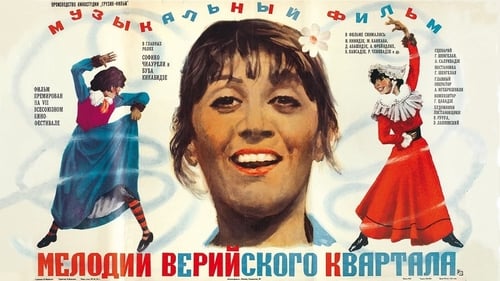
Vardo
This musical is based on old Georgian vaudevilles and plays. The early 20th century. Old Tiflis is in confusion and turmoil. A mysterious fairy is helping the poor Pavle’s family: real wood is burning in his old, neglected fireplace, wherein a pot with meat would suddenly appear. The good fairy is impersonated by laundress Vardo who helps not only the poor Pavle, but other families in this quarter as well. Vardo is known to many people in the town, but no one ever suspected that she was capable of performing miracles. The film’s colorful folk melodies, merry songs and fiery dances leave no viewer indifferent. Starring in the leading role is the great Georgian actress Sofiko Chiaureli.

Chermen's Mother in Youth
This historic drama is set in an Ossetian village in the 17th century. The film’s main hero is Chermen. An illegitimate son, Chermen is striving to assert his dignity. He is opposed by Dacco, the elder of the Aldar clan, in whose village Chermen lives. Guided by mercenary motives, Dacco strikes a deal with Prince Tsarai. Together, they rob people and then divide the loot between themselves. By some chance, Chermen learns of the deal and informs his friends about it. At first, he thinks that no one in the Aldar village would believe him, the bastard, and that the plot would remain unexposed. But the friends accept the challenge.

Sayat Nova (archive footage)
In his wordless debut film, Mikhail Vartanov presents the ancient and modern art of Armenia through the post-impressionist painter Martiros Saryan’s silent commentary of gestures. Biblical landscapes, the ruins of temples, frescos, cross-stones, contemporary sculptures of Tchakmakchian (Chakmakchyan), the first appearance on film of iconic modernist painter Minas and his paintings, as well as the world famous behind-the-scenes episodes of Sergei Parajanov’s landmark "The Color of Pomegranates (Sayat Nova)." The film had its first public screening at one of the world’s largest and prestigious cinematic events, the Busan International Film Festival, 43 years after it was made.
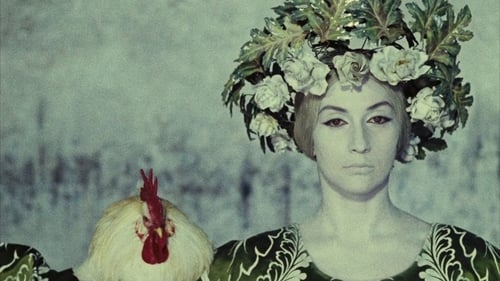
Poet as a Youth / Poet's Love / Poet's Muse / Mime / Angel of Resurrection
The life of the revered 18th-century Armenian poet and musician Sayat-Nova. Portraying events in the life of the artist from childhood up to his death, the movie addresses in particular his relationships with women, including his muse. The production tells Sayat-Nova's dramatic story by using both his poems and largely still camerawork, creating a work hailed as revolutionary by Mikhail Vartanov.

Sofiko
Benjamin, the local doctor is a soul of a local society, the educated, friendly, democratic person who often treats the poor for free. It makes him very popular with the locals but most certainly does not help with his bank account. He is in love with a beautiful Manette who is also crazy about him but is being watched closely by her father who called his daughter "his small capital" and is determined to protect her virginity until the moment the marriage contract has been signed...

Directed by Lana Gogoberidze.

Elene
The film is about the painful feeling of unrequited love and introduces us to the episode of the life of a young, virtuous and intelligent doctor, who is tired of the monotony of life.
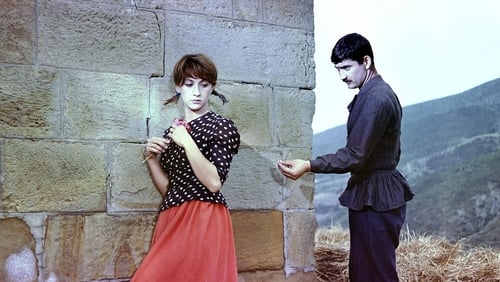
Tasia
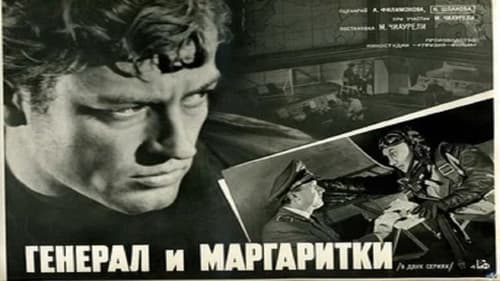
Zosia
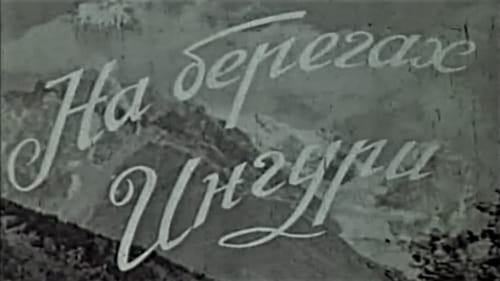
Tamari
Georgian film.

Georgian film about a young girl.

The Wife
A man tries to escape from his wife in order to visit an exhibition, where he sees a painting representing his own house.

Tsitsino
A lyrical story about the people of neighborhood in Tbilisi.
